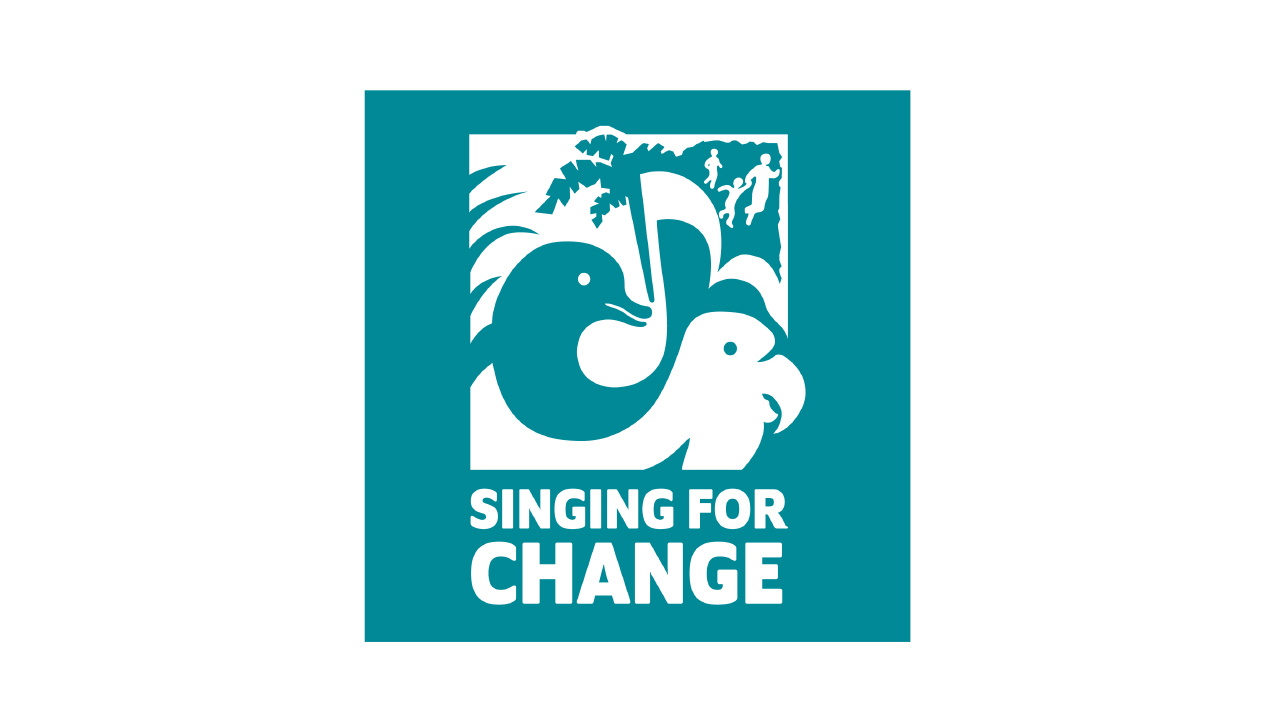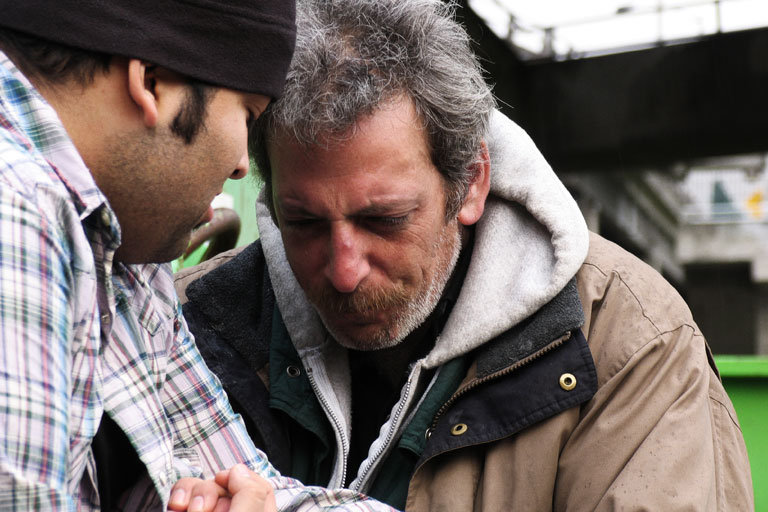
ONWARD AND UPWARD!
Generous, smart, far-sighted - that was our talented boss, Jimmy Buffett, yet these are scant adjectives to describe an unforgettable person. The collective sort of, “What do we do?” is more profound with the loss of Jimmy than others in recent memory. He inspired generations to just live it up for a minute, stand in the sunshine, celebrate the small stuff...have some fun!
So, how do we move onward and upward? We do it by honoring Jimmy’s spirit of giving, helping others, and having fun along the way. Every contribution to SFC advances Jimmy’s desire to give back and share some success. We’ve been “sprinkling pixie dust” as he called it, all over the US and various parts of the globe since 1995, helping thousands of people find a better way to live. Our funding focus is on non-traditional, grass-roots organizations that might be overlooked by conventional funders.
"Have fun, make money, and leave the world a better place.” - JB
Thank YOU for supporting Jimmy's memory, sharing your success with Singing for Change,
and keeping the faith.
Fins up forever!





